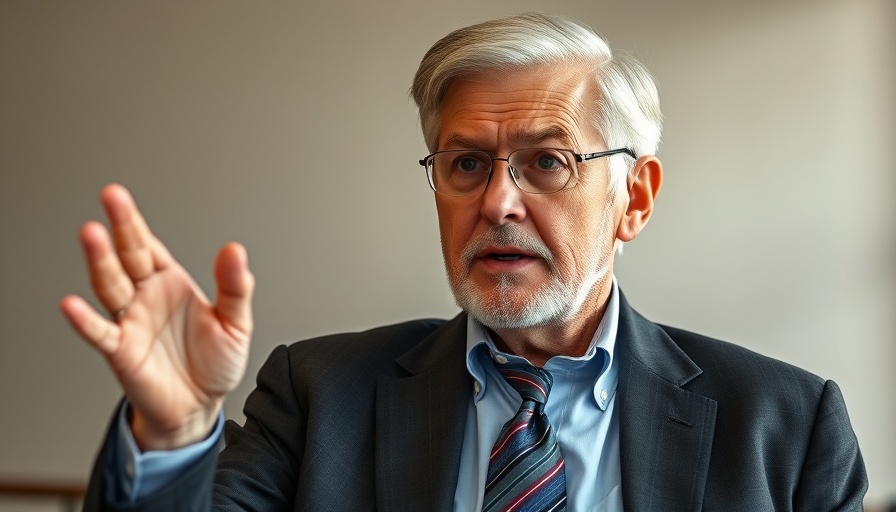
Kill the Meeting: Jamie Dimon's Bold Strategy for Productive Gatherings
In a recent letter to shareholders, JPMorgan Chase CEO Jamie Dimon highlighted a pressing issue in corporate culture: the inefficiency of meetings. Dimon argues that meetings often hamper productivity, stating owners and managers should "kill meetings" to maintain momentum in business operations. However, if meetings must occur, he outlines strategies to make them effective and respectful of everyone’s time.
Practical Tips for Effective Meetings
Dimon stresses that every meeting should have a clear purpose and involve only those who are necessary. He encourages leaders to keep meetings on schedule and designate a single person to guide the discussion. Attendees should come prepared, having reviewed all relevant materials in advance to contribute meaningfully. The use of simple language is crucial; jargon should be avoided to improve clarity and encourage open conversation.
Embracing the Art of Presence
One significant point Dimon raises is the necessity of being fully present during meetings. He criticizes the common habit of attendees engaging with their phones or checking emails, labeling such distractions as disrespectful and counterproductive. “This has to stop,” he emphasizes, urging everyone to turn off notifications and focus completely on the discussion at hand.
Transparent Communication is Key
Dimon also points out the importance of transparency in communication. He forbids "meeting after the meeting" dynamics, where issues are raised privately rather than in the group. This approach fosters an open culture where all voices can be heard, enhancing collective decision-making.
The Bigger Picture: A Call for Change in Corporate Culture
Jamie Dimon’s insights extend beyond just meeting management; they underscore a broader shift needed in contemporary corporate culture. In an era where remote work is prevalent, businesses must adapt how they communicate and collaborate. Knowing that only those who can contribute should participate not only saves time but also enhances productivity and morale across teams.
Ultimately, the key takeaway is that real productivity stems from well-structured meetings that respect the time and input of all participants. As business leaders, reevaluating how meetings are conducted can lead to marked improvements in performance and employee satisfaction.
Take Action to Transform Your Meetings
As professionals, it's time to consider how to revolutionize your meeting culture. Implementing these strategies can lead to better engagement and a more productive workforce. Share these insights with your teams and commit to creating a meeting environment that promotes transparency and respect. Together, let’s reshape how we collaborate!
 Add Row
Add Row  Add
Add 

 Add Row
Add Row  Add Element
Add Element 




Write A Comment